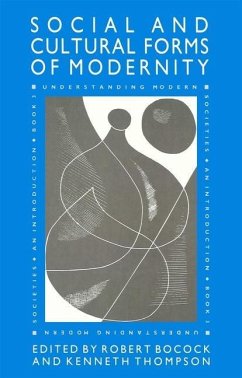
Business of Civil War. New Forms of Life in the Debris of the Democratic Republic of Congo
Versandkostenfrei!
Versandfertig in 1-2 Wochen
45,99 €
inkl. MwSt.

PAYBACK Punkte
23 °P sammeln!
Within the context of the absence of effective state sovereignty and the presence of numerous armed struggles for power, Nande traders have managed to build and protect self-sustaining, prosperous, transnational economic enterprises in eastern Congo. This book discusses the commercial enterprises of the Nande trust networks and the subsequent transnational community they have produced, thereby challenging the assumption that a "weak state" or a "failed state" or even a "collapsed state" can be presumed to signal a "failed" society. It demonstrates the fact that several sovereignties and proper...
Within the context of the absence of effective state sovereignty and the presence of numerous armed struggles for power, Nande traders have managed to build and protect self-sustaining, prosperous, transnational economic enterprises in eastern Congo. This book discusses the commercial enterprises of the Nande trust networks and the subsequent transnational community they have produced, thereby challenging the assumption that a "weak state" or a "failed state" or even a "collapsed state" can be presumed to signal a "failed" society. It demonstrates the fact that several sovereignties and property right systems can coexist side by side, reinforcing each other - an idea which seems inconceivable for those with a normative view of governmental institutions and state sovereignty. Rethinking the question of African state formation, the study contributes to the formulation of a more rigorously transnational and local paradigms in the study of post-colonial African state formations. It constitutes an original contribution to critical theory of societal responses to processes of state implosion, and the anthropology of new social formations that emerge when states disintegrate, especially in war-torn Africa. The book also discusses issues related to the dynamics of conflict, new state formation, transnational trade network, ethnicity, and global political and economic governance. In the midst of abundant anti-ethnic literature on African studies, this study posits that there may be a renewed usefulness and necessity in theorizing the salience and continuing production of 'ethnic' differences in a manner that challenges the notion of ethnicity as merely a devious and divisive invention of colonialism that must simply be overcome.














